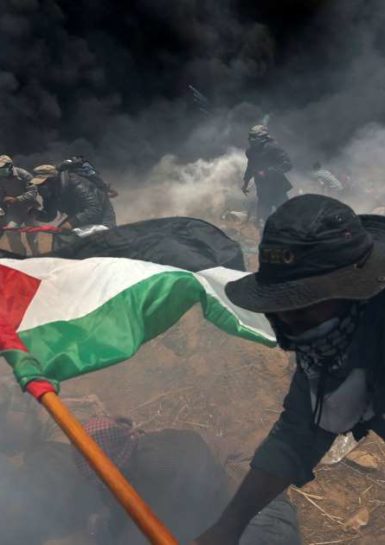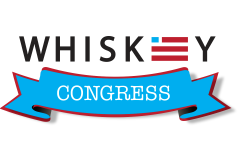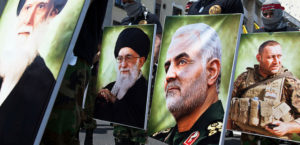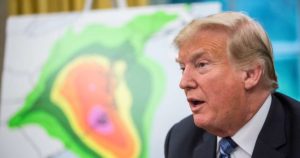
An Olive Branch To Both Your Houses
In Romeo and Juliet, Mercutio suffers a mortal wound in a melee between the Capulets and the Montagues. Knowing that he is dying, Mercutio declares in his final breath “a plague on both your houses”. Given his circumstances, he had a right to harbor anger. One of the many brilliant aspects of Shakespeare’s classic work is that neither side is purely good or purely evil. Both the House of Capulet and the House of Montague are filled with people who love one another and want to protect their loved ones. Both houses are also responsible for acts of violence based on history and pride that lead to preventable bloodshed. Today, the United States’ Government officially moved our Israeli Embassy from Tel Aviv to Jerusalem. The tensions that occurred as a result of that event resulted in the death of too many human beings. Violent Palestinian protests were met with violent counter-protest actions and human beings lost their lives. In the interest of full disclosure, I have usually sided with Israel when it comes to the mess in the Middle East. Israel is a democracy and I am friends with multiple people with personal and/or religious connections to Israel. In the last year or so, I have become aware of disturbing information about the treatment of Palestinians in Israel. When I place myself in the position of an Israeli citizen, I have no trouble justifying the actions of the Israelis. When I imagine the life of a Palestinian living in Jerusalem (which frankly, I cannot), I realize that there is plenty of blame to go around. With that in mind, the only hope for peace is to accept and understand that neither side is free of blame and neither side is inherently evil. For any attempt at peace to become a reality, those in power need to be the first to reach out. More importantly, those in power need to respect and understand why they are not trusted and still continue to extend the proverbial olive branch. Only when the olive branch is extended on both sides, can we hope for peace and progress.
JERUSALEM — Across the Gaza Strip on Monday morning, loudspeakers on minarets urged Palestinians to rush the fence bordering Israel, where they were met by army snipers. At least 58 were killed and thousands injured, local officials said — the worst day of carnage there since Israel invaded Gaza in 2014.
Hours later, a beaming Ivanka Trump helped unveil a stone marker etched with her father’s name on the new American Embassy in Jerusalem, keeping his campaign promise to officially acknowledge Jerusalem as Israel’s capital. An audience of 800 religious conservatives and right-wing politicians from both countries sang “Hallelujah.”
“What a glorious day,” exulted Prime Minister Benjamin Netanyahu.
Sign Up For the Morning Briefing Newsletter
The two scenes, only an hour’s drive apart, illustrated the chasm dividing Israelis and Palestinians more than at any moment in recent history.
For generations, both sides of the conflict have been locked in competing, mutually negating narratives, with only sporadic flickers of hope for peace despite the efforts of a long list of presidents and secretaries of state.
Now, with the militant Hamas movement hanging on to control of Gaza, and Mr. Netanyahu backed by President Trump, neither side is even listening to the other, and the Palestinians have lumped the United States together with Israel as an overt adversary.
Responsibility for the violence on Monday rested “squarely with Hamas,” said Raj Shah, a White House spokesman, for “intentionally and cynically provoking” Israel by urging Palestinians to storm the border fence. “Israel has the right to defend itself,” he said.
In Gaza, Khalil al-Hayya, deputy chief of Hamas, blamed the United States for inciting the violence by moving the embassy to Jerusalem, reversing decades of American policy and defying international consensus. “The American administration bears responsibility for all consequences following the implementation of this unjust decision,” he said.
The two sides were in equally different worlds when speaking of how the embassy opening would affect the moribund peace process.



